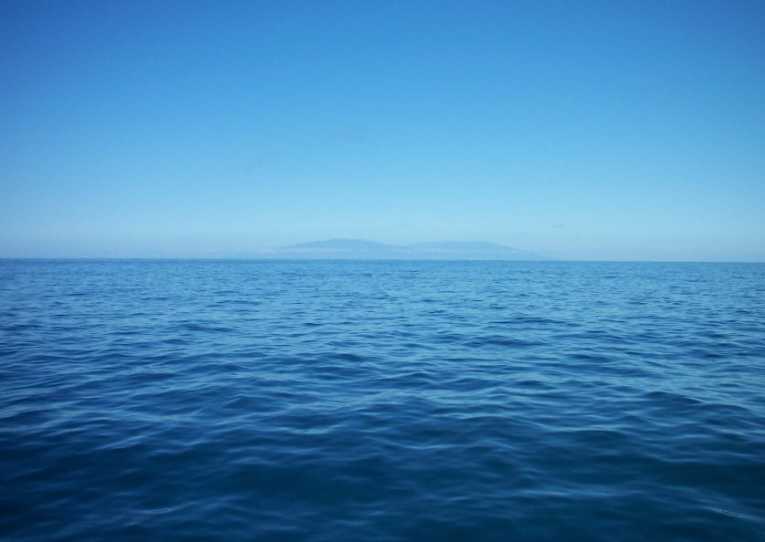The accepted view of the Earth's history is that for its first four billion years it was in an anoxic state and that about 600 million years ago the oceans became oxygen-rich to approximately the degree that they are today.
Recent research by biogeochemists at the University of California, Riverside has found evidence showing that shortly after the first appearance of animals on the planet, around 499 million years ago, the ocean returned to its anoxic state and became oxygen-poor again.
It remained in this condition for between two and four million years, but researchers suggest that such anoxic conditions may have been commonplace over a much broader interval of time.
The researchers believe that this fluctuation is the most likely explanation of the rapid evolutionary turnover that is evidenced by the fossil record of the Cambrian Period between 488 and 540 million years ago.
Professor Timothy Lyons, whose lab led the research, believes that the transition from a generally oxygen-rich ocean during the Cambrian to the fully oxygenated ocean we have today was not a simple turn of a switch, as had previously been believed. His research indicated that during that period the oxygenation state of the ocean fluctuated and this played a major role in the early evolution process of the planet by driving various species into extinction and clearing the way for new organisms to take their place.
Although oxygen is vital for the survival of animal life, many bacteria thrive in, or even demand an environment without oxygen. An understanding of the changing environment can provide scientists with vital clues as to exactly how life evolved in the early stages of animal evolution.
Life and environment are intimately linked and when the ocean's oxygenation state went through a process of rapid change, some organisms were simply unable to cope.
What the researchers are now really keen to find out is the reason why about 499 million years ago the oceans became oxygen-poor. "What we have found so far," say the researchers, "is evidence that it happened, but not why. In other words we have the 'effect' but not the 'cause'."
It is known that the oxygen-poor state persisted for between two and four million years. It is thought that this period probably came to an end when buried organic matter, originally derived from oxygen-producing photosynthesis, resulted in the accumulation of more oxygen in the atmosphere and ocean. It is even possible that the abundant burial of organic material caused by anoxia may actually have boosted the ocean into a more oxygen-rich state.
Researchers believe that an understanding of events in the Earth's distant history can help to refine our view of planetary changes that are happening now. It is known for instance that sections of the world's oceans are becoming oxygen-poor. Notable examples are Chesapeake Bay and the so-called 'dead zone' of the Gulf of Mexico.
By understanding the ancient causes, researchers hope to find essential clues to what the future holds for the oceans of today.










